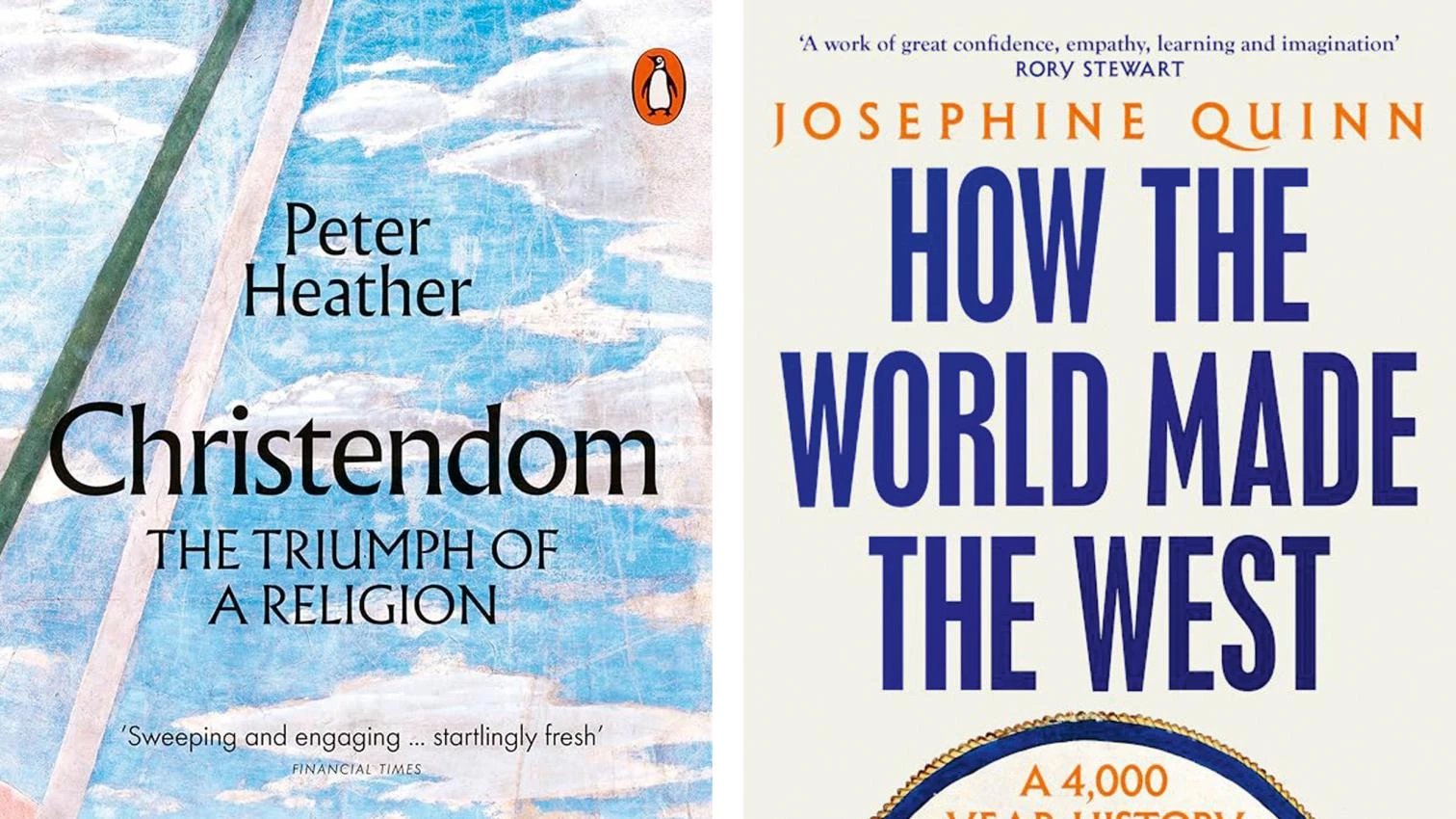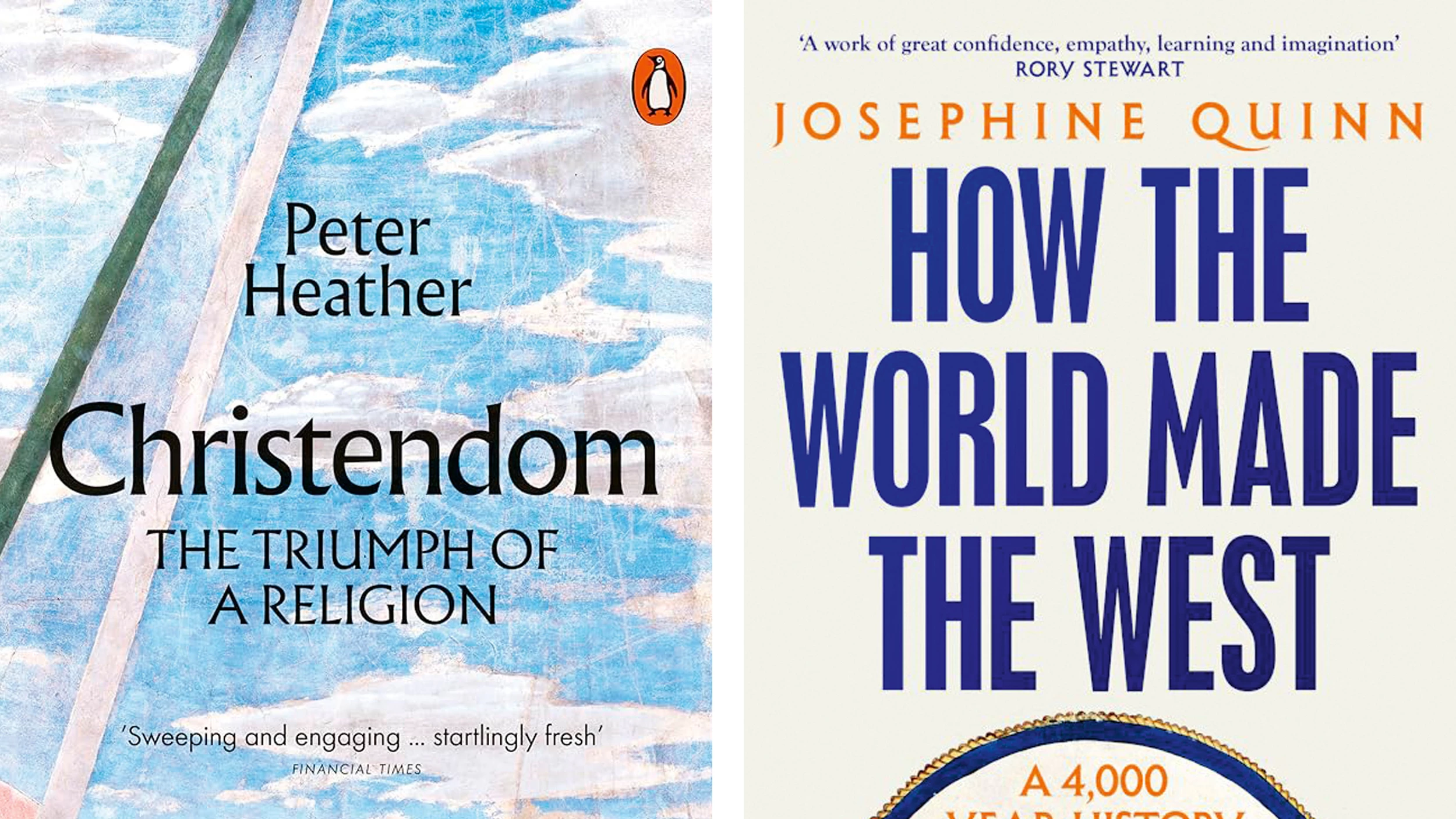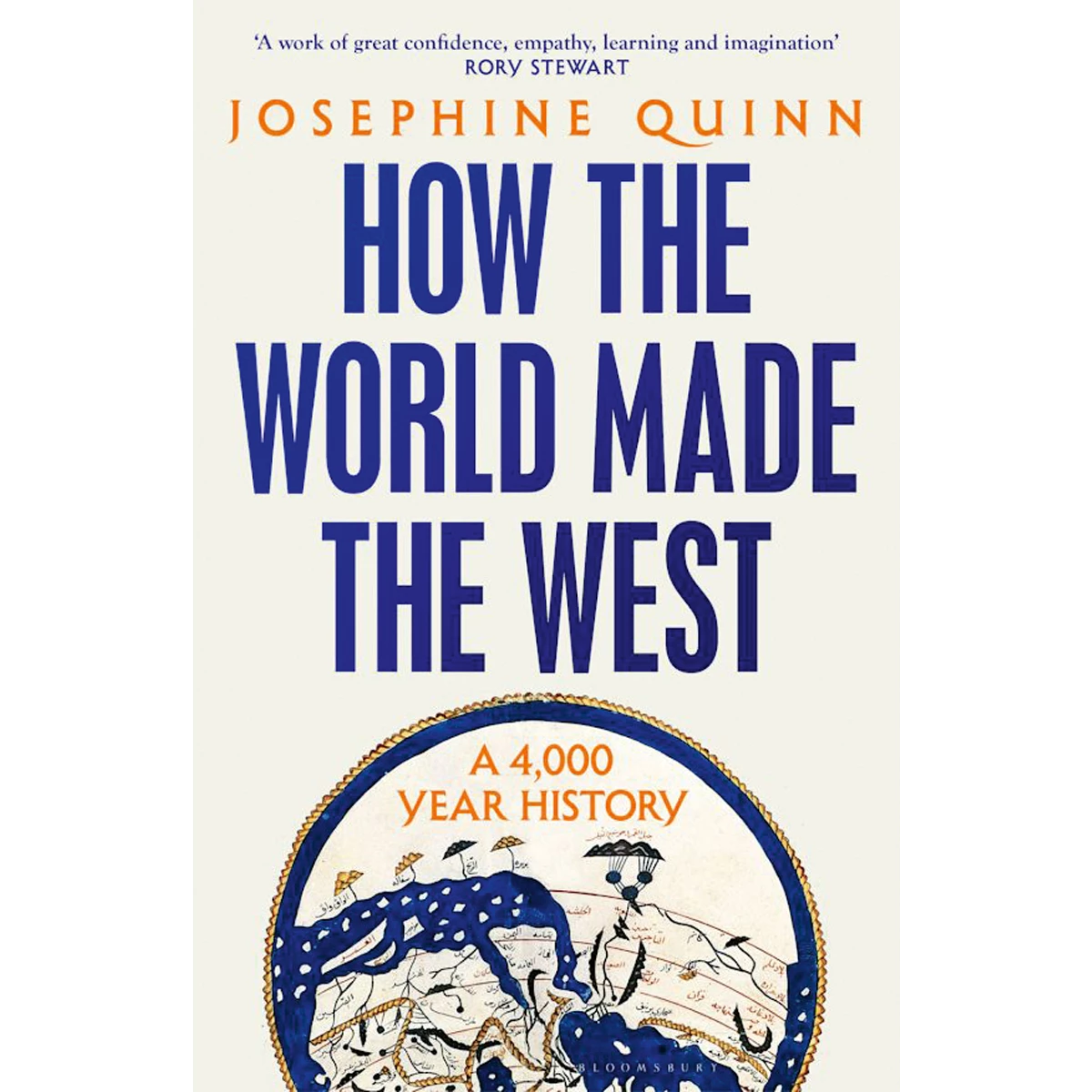
Every generation rewrites history. And ours, under the intellectual and emotional impact of the decline of the West, builds narratives of a shared past with more shadows than lights. Josephine Quinn, archaeologist and Professor of Ancient History at Oxford, offers a narrative that dismantles the myth of a West built with three superimposed worlds (Greek, Roman, Christian), and takes us through 4,000 years avoiding what she calls ‘civilisational thinking,’ because the motor of advance has always been the contact between cultures, rather than the development of their centers. Peter Heather, Professor of Late Antiquity and Medieval History at King’s College London, recounts the rise of Christianity from 300 to 1,300, and contends that the triumph of this religion owed less to its popular spread than to its imposition, because from Constantine on, the initiative was always in the hands of rulers, forging the link between church and state that is at the origin of Western Europe. If classical Antiquity is a fiction and Christian culture an imposition, the pillars of the West crack and its virtues vanish.
How the World Made the West reflects its content faithfully, because it explains how a patchwork of cultures in permanent flux of hybridization engendered what we call the West. Quinn, author of a major work on the Punic Mediterranean and an expert on the Phoenicians, emphasizes how the latter, with the Egyptians, Sumerians, and Assyrians, contributed to creating the culture of ancient Greece, which is seen more as a transmission than as a birthing of original ideas. The literary sources are inevitably Greco-Latin, but the narrative also uses archaeological findings and environmental studies on matters like climate change or epidemics, and the result is a global history as ambitious as the one by Peter Frankopan that was reviewed in Arquitectura Viva 254, or as the ‘big history’ essays that were covered in issue 219: a history of cross-fertilization among cultures which is also a caustic criticism of the intellectual construct of a West associated with the mythical perception of Greece and Rome.
Christendom: The Triumph of a Religion is a monumental account of the consolidation of Christianity during the millennium that spanned from Constantine’s conversion in 312 to the baptism of the Grand Duke Mindaugas of Lithuania, Europe’s last pagan ruler, around 1250. Heather, who had studied the links between Mediterranean and Nordic Europe in a book on the fall of the Roman Empire, describes the difficulties experienced by the Roman elites of classical culture when faced with Gothic societies. With the help of dendrochronology, he studies the settlements created by Christian kingdoms in Bohemia and Poland to describe a religious victory which was in fact a political and military imposition, and which from the 13th century would give rise to the Church of popes, cathedrals, and crusades, replacing the diversity of the previous ten centuries. The myth of the West began then, and we revisit it now, perhaps in its twilight.








